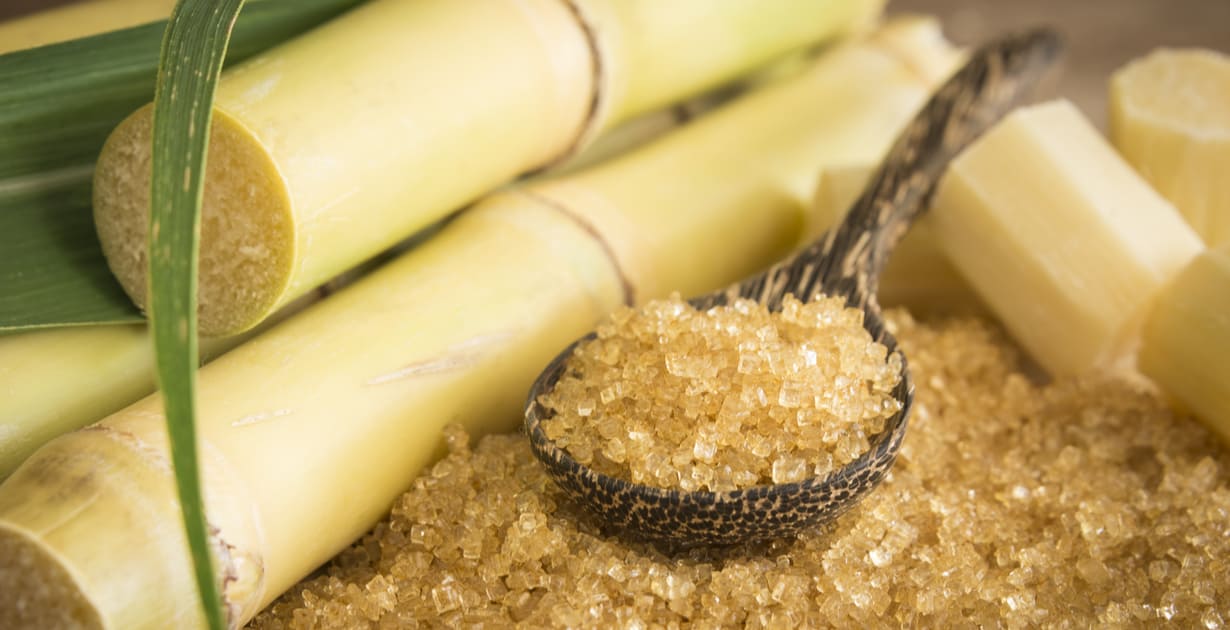A Comprehensive Review of the Health and Economic Ramifications of Walking Cane Sugar Handling on Regional Communities
Cane sugar handling plays a pivotal function in shaping the economic landscape of regional communities, providing employment chances and promoting supplementary sectors. The health ramifications linked with high sugar consumption can not be ignored, as they contribute to climbing rates of obesity and diabetes mellitus.
Financial Advantages of Cane Sugar Handling
Walking cane sugar processing offers considerable economic advantages that extend past the prompt farming sector. The cultivation and processing of sugarcane create numerous work chances, from farming to production and circulation. This employment generation not only supports neighborhood economic situations however also promotes community advancement by offering stable revenue resources for households.
In addition, the sugar sector boosts ancillary companies, including transport, devices supply, and packaging solutions (Cane Sugar Processing). As these markets grow, they contribute to an extra robust economic framework, improving general area strength. The export potential of refined cane sugar better magnifies economic benefits, positioning areas as competitive gamers in global markets
Investment in contemporary handling centers can lead to enhanced efficiency and performance, thereby minimizing waste and maximizing resource use. This shift not only profits the neighborhood economy however also supports sustainability efforts by reducing environmental effects.
Additionally, the income generated from cane sugar processing can be reinvested in neighborhood facilities, education, and medical care, promoting holistic community growth. Generally, the economic advantages of cane sugar handling are multifaceted, offering a foundation for withstanding prosperity in agricultural regions.
Health And Wellness Threats Associated With Sugar Usage
Too much sugar consumption presents substantial health dangers that warrant significant focus. High consumption of sugarcoated, particularly from refined foods and drinks, has been linked to numerous health issues. Among one of the most important worries is excessive weight, as sweet diets contribute to a boosted calorie intake without supplying essential nutrients. This extra can result in metabolic disorders, including kind 2 diabetic issues, which has ended up being increasingly widespread in both adults and youngsters - Cane Sugar Processing.
Moreover, high sugar intake is related to heart disease. Elevated blood sugar level levels can bring about insulin resistance, a precursor to different heart-related problems. In addition, sugar can have damaging impacts on dental health and wellness, leading to tooth cavities and gum illness, as bacteria in the mouth flourish on sugar, generating acids that erode tooth enamel.
Furthermore, arising research suggests a possible link between high sugar intake and mental wellness conditions, such as anxiety and anxiety. As neighborhoods grapple with these health threats, it ends up being important to advertise understanding and encourage healthier dietary choices. Addressing sugar consumption is crucial not just for private wellness however likewise for the total health of regional areas, stressing the requirement for extensive public health methods.
Environmental Influences of Sugar Manufacturing
Often overlooked in conversations about sugar's implications is the considerable ecological impact of sugar production. The cultivation of sugarcane usually necessitates extensive land usage, bring about deforestation, loss of biodiversity, and disturbance of neighborhood ecosystems. The conversion of woodlands and marshes into sugar ranches can lead to habitat destruction, threatening numerous species and altering ecological equilibrium.
Moreover, sugar manufacturing is resource-intensive, consuming considerable quantities of water for irrigation. This can lead to depletion of local water sources, negatively impacting both farming practices and neighborhood access to tidy water. Furthermore, using chemical plant foods and chemicals in sugarcane farming can contribute to soil destruction and water pollution, as runoff from these chemicals gets in neighboring rivers and lakes, affecting aquatic life and human health.
The environmental impact includes the handling stage, where energy consumption and waste generation further aggravate ecological issues. Air contamination from melting sugarcane areas, along with greenhouse gas discharges, contribute to climate modification. Therefore, the ecological effects of sugar manufacturing warrant severe factor to consider, prompting stakeholders to take on even more sustainable practices to reduce these unfavorable impacts on local environments and neighborhoods.
Task Production and Area Growth
The environmental difficulties posed his comment is here by sugar production are frequently reversed by its possibility for economic benefits, especially in work creation and neighborhood growth. The walking stick sugar sector functions as a considerable source of work in several backwoods, offering jobs across numerous skill levels, from farming labor to processing and circulation roles. This employment not just supports individual households but additionally adds to the total financial vitality of regional neighborhoods.
Additionally, the establishment of sugar handling centers boosts ancillary organizations, such as transport services, equipment supply, and maintenance providers. As these companies prosper, they create extra work and reinforce neighborhood economic situations. The income created from the sugar industry also causes increased tax obligation earnings, which can be reinvested into neighborhood solutions such as education, framework, and health care advancement.
In addition, the sugar industry usually takes part in neighborhood development initiatives, such as sustaining regional schools and health programs, thus boosting the quality of life for locals. By promoting solid community ties and advertising economic growth, the walking cane sugar handling sector plays a crucial function in uplifting regional populations, making it a necessary element of sustainable growth approaches in sugar-producing areas.
Balancing Health and Economic Development
In navigating the complexities of cane sugar processing, a critical challenge hinges on balancing health considerations with financial growth. The sugar market significantly contributes to neighborhood economies by producing tasks, boosting relevant sectors, and enhancing tax obligation earnings. Nonetheless, the health ramifications connected with extreme sugar intake can cause persistent diseases such as weight problems, diabetes mellitus, and cardio problems, which can problem public health and wellness systems and diminish workforce productivity.

In addition, regulative frameworks can play a crucial function in directing sector methods towards even more sustainable and health-conscious strategies. By promoting collaboration between federal government bodies, health and wellness companies, and the sugar industry, neighborhoods can navigate the duality of health and wellness and financial growth, ensuring that the advantages of walking cane sugar handling are equitably shared while focusing on public health.
Verdict
To conclude, the processing of walking stick sugar provides both significant financial advantages and remarkable health and wellness risks for local communities. While it promotes task production and promotes regional advancement, the associated health concerns, specifically relating to obesity and diabetes, demand a cautious balancing act. By promoting liable intake and investing in neighborhood education and learning and lasting practices, it is feasible to maximize my website economic benefits while reducing unfavorable health effects, thereby making certain a healthier future for regional populations.
In addition, sugar can have damaging impacts on dental wellness, resulting why not try this out in tooth cavities and periodontal illness, as bacteria in the mouth thrive on sugar, producing acids that wear down tooth enamel.
Dealing with sugar usage is crucial not just for private health and wellness but likewise for the total wellness of regional communities, emphasizing the demand for extensive public wellness methods.
Regularly ignored in conversations concerning sugar's ramifications is the substantial ecological influence of sugar manufacturing. The health and wellness implications associated with extreme sugar intake can lead to chronic illness such as obesity, diabetic issues, and cardio concerns, which can worry public health systems and decrease labor force efficiency.
